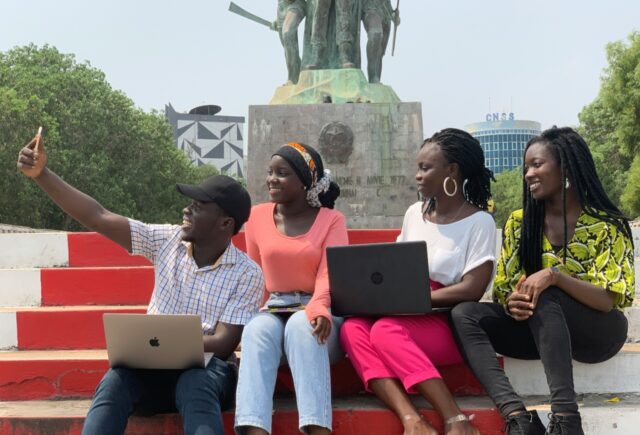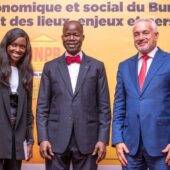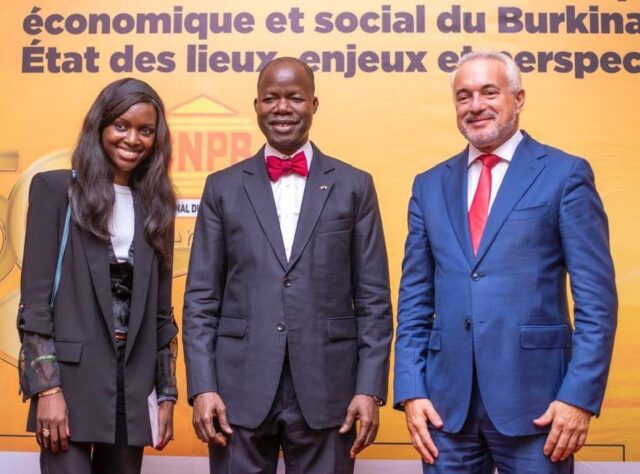Swedfund has provided €20m in funding to COFINA to support job creation, business growth and better livelihoods in West and Central Africa.
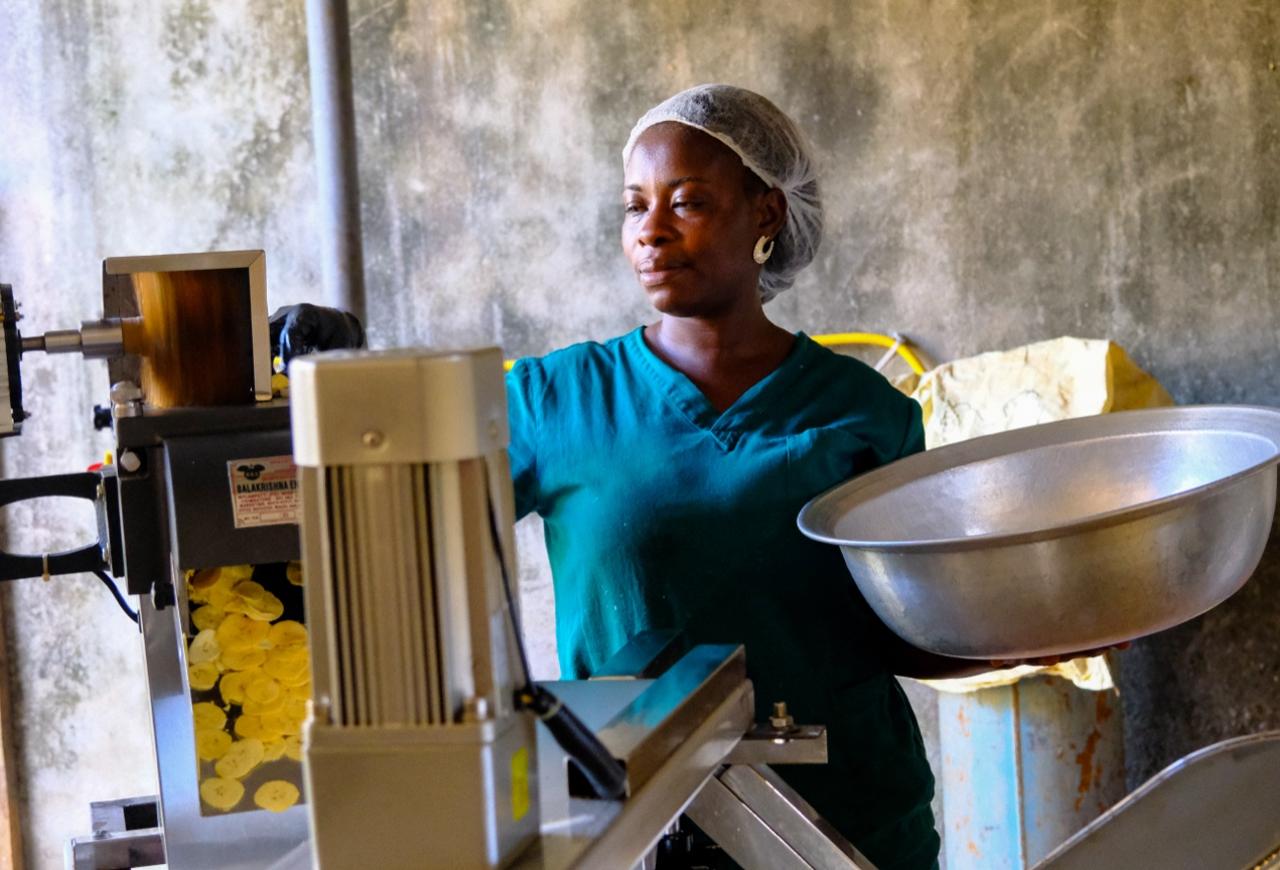
Sweden’s development finance institution Swedfund has made a €20m loan to Compagnie Financière Africaine (COFINA), a mesofinance institution which provides funding to micro, small and medium-sized enterprises (MSMEs) in West and Central Africa.
The aim of the loan is to support underserved segments of MSMEs, including women-led businesses and agribusinesses in Côte d’Ivoire and Senegal, and is expected to contribute to job creation, business growth and improved livelihoods.
Swedfund said that MSMEs in sub-Saharan Africa often faced difficulties in accessing capital to grow, increase their productivity and develop their businesses and that this was particularly true for women-led enterprises.
Speaking to Impact Investor, Kitanha Toure, regional director of West Africa for Swedfund, who is based in it’s Abidjan office in Côte d’Ivoire, said the businesses that benefited from COFINA financing were varied, ranging from local manufacturing businesses and individual shops to small agri-entrepreneurs processing plantains and cassava in their backyards and those working in the cashew nut sector. Around 60% of COFINA’s clients are first-time borrowers.
EU guarantee
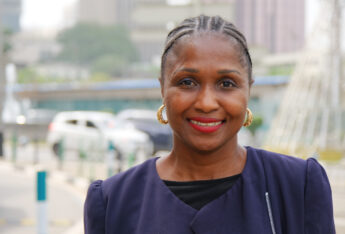
Swedfund’s loan is backed by a guarantee of up to 50% of the loan value provided through the EU’s European Fund for Sustainable Development Plus (EFSD+), a financing tool within the Global Gateway strategy focusing on promoting sustainable investment.
Toure explained that EFSD+ works with the EDFI MSME platforms (guarantee programmes developed by two DFI member associations, the EDFI Association and EDFI Management Company under EFSD+) that are designed to promote financial inclusion for MSMEs in sub-Saharan Africa, with a specific angle on financial intermediaries lending to agri and rural businesses.
Global Gateway aims to invest €300bn into infrastructure projects worldwide between 2021 and 2027 through a mix of grants, concessional loans and guarantees to help de-risk private sector investments.
Driving financial inclusion
Swedfund said that non-banking financial institutions such as COFINA accounted for a small share of the financial sector in West and Central Africa, but that they played an important role in advancing financial inclusion by targeting clients who generally do not have access to banking services.
Swedfund’s investment will be directed at COFINA’s subsidiaries FIN’Elle, which focuses on women entrepreneurs, as well as COFINA Côte d’Ivoire and COFINA Senegal, which focus more generally on MSMEs.
“As a mesofinance institution, COFINA finances MSMEs that are too large to be financed by microfinance institutions and too small to be financed by traditional bank lenders. They are really helping to finance the missing middle in the market,” said Toure. “COFINA has also developed expertise in supporting agri-value chain businesses such as those in the cocoa sector. This is also in line with our aims to boost businesses improving food security.”
COFINA is one of several investments made by Swedfund this year into financial institutions targeting financial inclusion, including a $5m (€4.7m) investment into Bridge Bank Microfinance in Cote D’Ivoire in January, a $30m investment into Access Bank in Nigeria in July, and a $10m (€9.4m) investment into Siddhartha Bank in Nepal in October.
Focus on women entrepreneurs
According to the African Development Bank, the African continent has the highest percentage of women entrepreneurs in the world. Research by the World Economic Forum has found that women make up 58% of Africa’s self-employed population and yet only contribute around 13% of the continent’s GDP.
Swedfund said that a lack of financial education and income instability has limited the ability of many people to participate in the formal financial system and that in both Côte d’Ivoire and Senegal there is a significant gap in women’s access to formal financial services in particular.
“Investing in women entrepreneurs is critical to the West and Central African region and for Swedfund in general. Our goal is to have 60% of Swedfund’s portfolio classified as investments that increase women’s economic empowerment. This includes companies that are owned or managed by women, employ many women, produce goods or services or offer capital to women. Addressing financial exclusion for female entrepreneurs could unlock billions in potential economic value, boosting productivity, job creation, and inclusive growth across the region,” said Toure.



